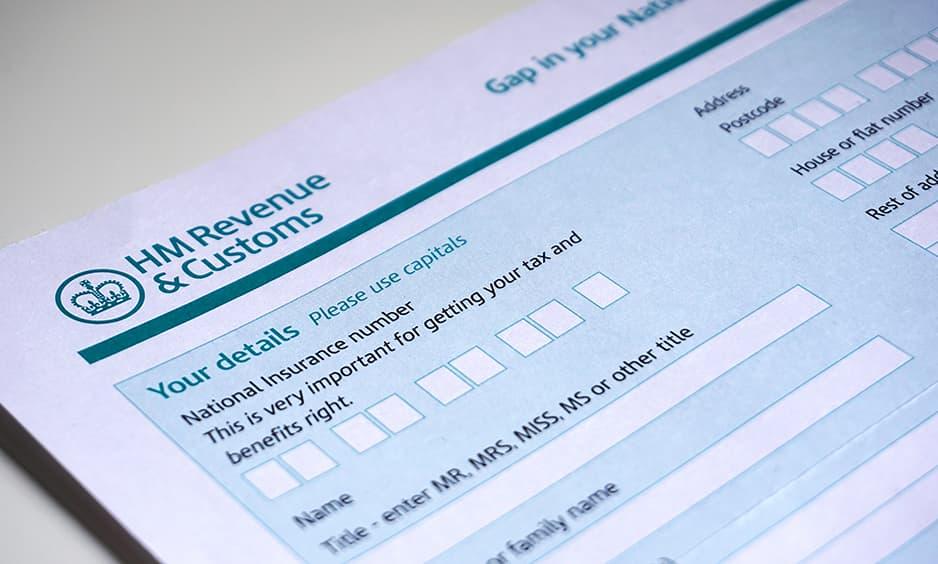Bookkeeping
Professional bookkeeping kept simple
A keeper of financial books, more commonly referred to as a Bookkeeper, may seem as though they have a somewhat task of inputting all incomes and expenses referenced against provided receipts and invoices. However, accurate and timely bookkeeping is at the core of all financial maintenance; It provides a basis for later analysis.
As stated in Chapter 4 of the Companies Act (2006), every business registered and trading within the UK is legally required to "give a true and fair view" with regards to their financial records. Failure to comply with this law may result in a fine of thousands of pounds, losing the title of Director and possibly even a criminal conviction.
A keeper of financial books, more commonly referred to as a Bookkeeper, may seem as though they have a somewhat task of inputting all incomes and expenses referenced against provided receipts and invoices. However, accurate and timely bookkeeping is at the core of all financial maintenance; It provides a basis for later analysis.
Help us to help you
Original evidence of financial transactions must be kept from the day the company began trading or a minimum of 6 years prior to today. In some circumstances, a longer period may be required. For example, if you provide a product or service which is expected to last longer than 6 years; Or perhaps if a total sum payment were paid or received as a result of a financial credit agreement, the entire history of that transaction must be recorded, even though it may only relate to a singular product.
Details of assets owned by the company, including vehicles, electronics and even buildings, must be kept for the life of the asset is with the company and for at least 6 years later. Plus all saleable merchandise must be fully audited before April, marking the end of the financial year.
If you're ever unsure of anything, we're only a phone call or an email away.



